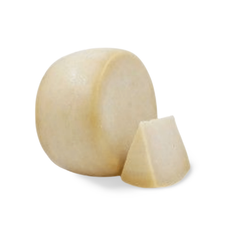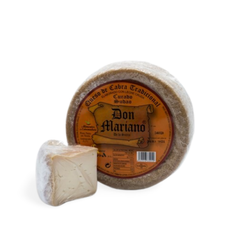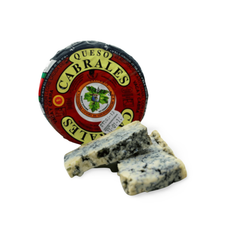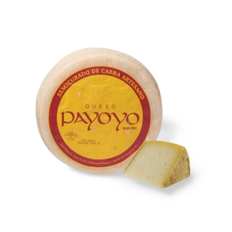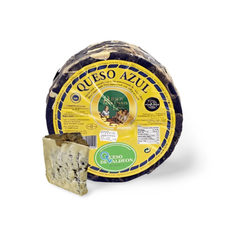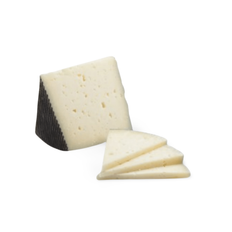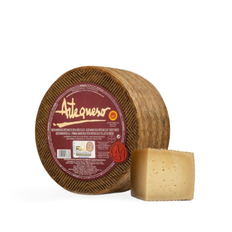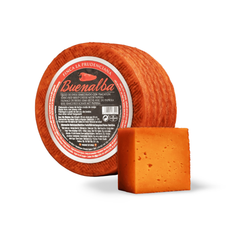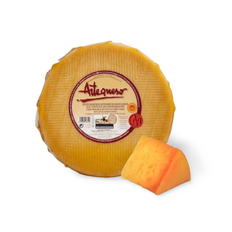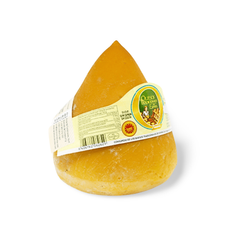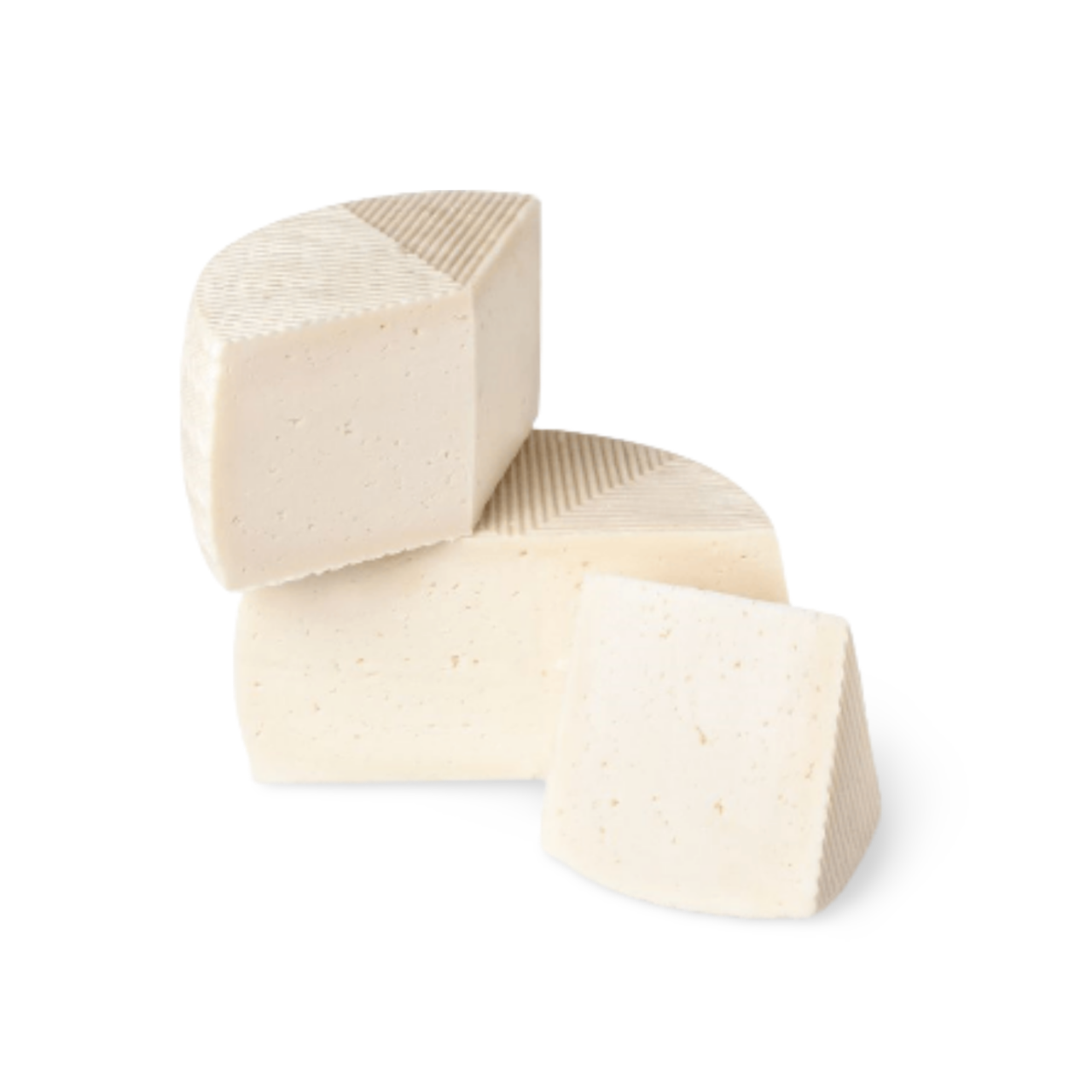
Queso Majorero: The Crown Jewel of Canary Islands' Cheesemaking
Discover the Exceptional Flavors of Fuerteventura's Renowned Goat Cheese
by Generic
Delivery today - Same day delivery available in Metro Manila.
Or choose your delivery date during checkout.
Your delivery is guaranteed.
Nestled within the vibrant gastronomy of the Canary Islands lies a cheese that captures the essence of its origin: Queso Majorero. Born from the rich milk of the indigenous Majorera goats, this semi-hard cheese is a testament to the centuries-old cheesemaking traditions of Fuerteventura.
Origin & Historical Context
Queso Majorero is not just a cheese; it’s a story of heritage and taste. Hailing from Fuerteventura in the Canary Islands, this cheese is deeply intertwined with the island’s history and landscape. The word ‘Majorero’ refers both to the cheese and the indigenous goat breed, which has adapted to Fuerteventura’s arid landscapes.
In 1998, Queso Majorero was awarded the prestigious Protected Designation of Origin (PDO) status, ensuring that the cheese you savor has been crafted under stringent guidelines to maintain its authenticity. This designation assures consumers worldwide that every batch embodies the tradition, quality, and distinctive flavor profile that has been cherished for generations.
Production Process
The creation of Queso Majorero starts with the unpasteurized whole milk of Majorera goats, occasionally supplemented with up to 15% Canarian sheep’s milk to enhance flavors. The goats graze on wild herbs such as marjoram, thyme, and rosemary, which impart subtle aromatic notes to their milk.
Key steps in cheesemaking include:
- Coagulation: Raw milk is set with animal rennet.
- Curd Formation & Pressing: The curd is pressed into molds lined with palm leaf bands, leaving unique imprints on the rind.
- Salting & Rind Treatment: The rind is salted and can be treated with pimentón, olive oil, or toasted cornmeal (“gofio”) for additional complexity.
- Aging: Depending on the desired maturation, it can be aged from as little as 8 days (tierno) to over 60 days (curado).
Physical Characteristics & Flavor Profile
Queso Majorero presents a firm yet creamy texture that becomes denser over time. Its color ranges from pale white to a warm yellowish-brown as it matures. The flavor is characterized by a balance of acidic tang and milky sweetness, accompanied by nutty undertones and a hint of spice as it ages.
Maturation Stages:
- Tierno: Soft, creamy texture; mild, subtle aroma.
- Semi-curado: Balanced acidity, pronounced nutty and buttery flavors.
- Curado: Intense sharpness and spiciness, dense texture.
Culinary Uses & Pairings
This versatile cheese can star in a variety of dishes or be enjoyed on its own. It’s perfect for:
- Tapas platters with fruits and Spanish olives.
- Grating over salads and pasta.
- Pairing with a glass of sparkling Cava or a young fruity red wine.
For those with dietary considerations, it’s nutritionally rich with high protein and fat content, suitable for enjoying in moderation.
Artisanal Craftsmanship
Cheesemaking on the island remains artisanal, supporting local economies and preserving biodiversity. Numerous small dairies carry forward these age-old practices, ensuring that each wheel carries a piece of Fuerteventura’s history and culture.

